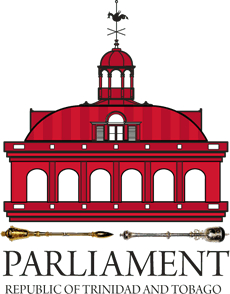Where there is occasion for the appointment of a Prime Minister under Section 76 (1) of the Constitution, such as after a General Election, the President must appoint as Prime Minister a Member of the House of Representatives who is the leader in the House of the party which commands the support of the majority of members of that House. Under the party system that operates in Trinidad and Tobago, that person is usually the party’s leader. Where no majority party emerges or where the party has no undisputed leader, the President appoints as Prime Minister the person, who, in his view, is most likely to command majority support in the House of Representatives. In this case the President uses his discretion. The person appointed must be willing to accept the office of Prime Minister.
The Prime Minister’s position of authority derives from the majority support in the House of Representatives and from the power to appoint and dismiss Ministers. The Prime Minister presides over the Cabinet and is responsible for the allocation of functions among Ministers.
Apart from being the leader of the Cabinet, which has effective control of the nation’s affairs, the Prime Minister keeps the President fully informed concerning the general conduct of the Government and shall furnish the President with such information as he may request with respect to any particular matter relating to the government.
The Office of the Prime Minister is also responsible for constitutional matters, national statistics, public holidays, national awards, ecclesiastical affairs and library services.
Prime Ministers of Trinidad and Tobago
| Dr. Eric Eustace Williams | 1961 – 1981 |
| Mr. George Michael Chambers | 1981 – 1986 |
| Mr. Arthur Napoleon Raymond Robinson | 1986 – 1991 |
| 1991 – 1995 2001 – 2002 2002 – 2007 2007 – 2010 | |
| Mr. Basdeo Panday | 1995 – 2000 2001 – 2001 |
| Mrs. Kamla Persad-Bissessar | 2010 – 2015 |
| Dr. Keith Rowley | 2015 – Present |
